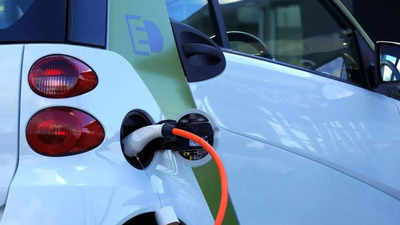
A quick-hitting but potent winter storm is delivering intense bursts of snow and strong winds from the Midwest to the Northeast, knocking out power and creating dangerous travel conditions for commuters. The storm slid east and expanded its wintry conditions over more of the Great Lakes, Midwest and parts of the interior Northeast Wednesday afternoon. Snow squalls slammed parts of northern Ohio and an area south of Chicago Wednesday night into early Thursday, with the threat of more snow squalls spreading to the interior Northeast beginning Thursday morning.
Snow squalls are intense but brief bursts of heavy snow and strong winds that can create blinding, whiteout conditions seemingly out of nowhere, and are incredibly dangerous for drivers. “There is no safe place on a highway during a snow squall,” the Weather Prediction Center warned. “Dangerous travel conditions are likely, including whiteout visibility and rapidly worsening road conditions.

” A snow squall was responsible for a massive pileup in Pennsylvania in 2022 that involved 80 vehicles and killed six people. A few snow squalls also blew across parts of North Dakota, Minnesota and Wisconsin Wednesday morning and early afternoon. And as the next round of snowfall is ongoing across the Great Lakes and interior Northeast, a reinforcing shot of cold air is spreading across the East, bringing drastic temperature drops ranging from 10-25 degrees below average.
As the cold air continues to spread into the East, high temperatures largely in the 40s and 50s on Wednesday will plunge to the 20s and 30s for Thursday. Another hallmark from this storm will be strong winds capable of knocking out power and damaging trees, particularly from the Appalachians and mid-Atlantic to the New England coast. Wind gusts of 30 to 50 mph will roar over the Northeast and parts of the mid-Atlantic Thursday including in Washington, DC, Philadelphia and New York City.
Snow from this storm will impact a much larger area than the storms of the past few weeks, but should still dodge the cities along the Northeast’s I-95 corridor. The most snow will once again pile up in elevated areas and downwind of the Great Lakes, where 5 feet of snow fell over the holiday weekend. Snow and lake-effect from the storm could dump another 1 to 2 feet on areas that are still digging out.
Lighter snow up to an inch or two is possible in some of the Northeast’s lower elevations. A few snowflakes could mix with rain at times along the Interstate-95 corridor. Any accumulating snow is unlikely close to the coast but wet roads and chilly air could lead to slick spots and tricky travel.
CNN’s Robert Shackelford contributed to this report..















